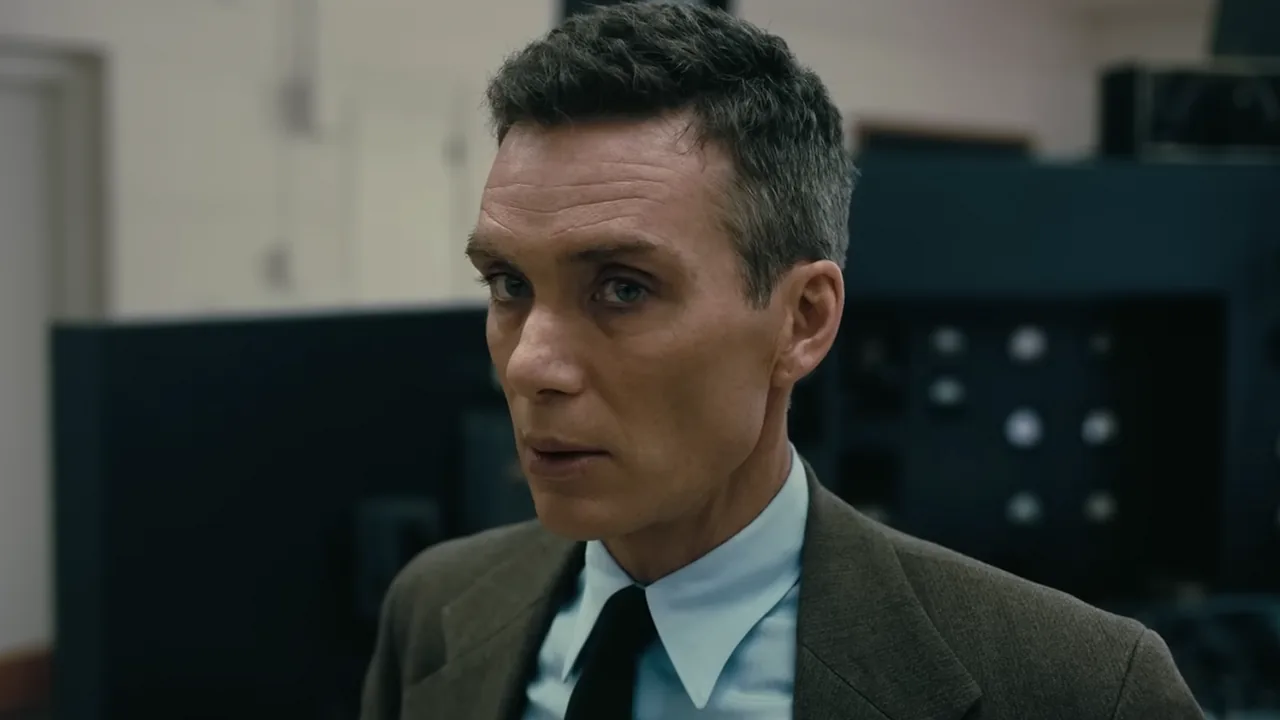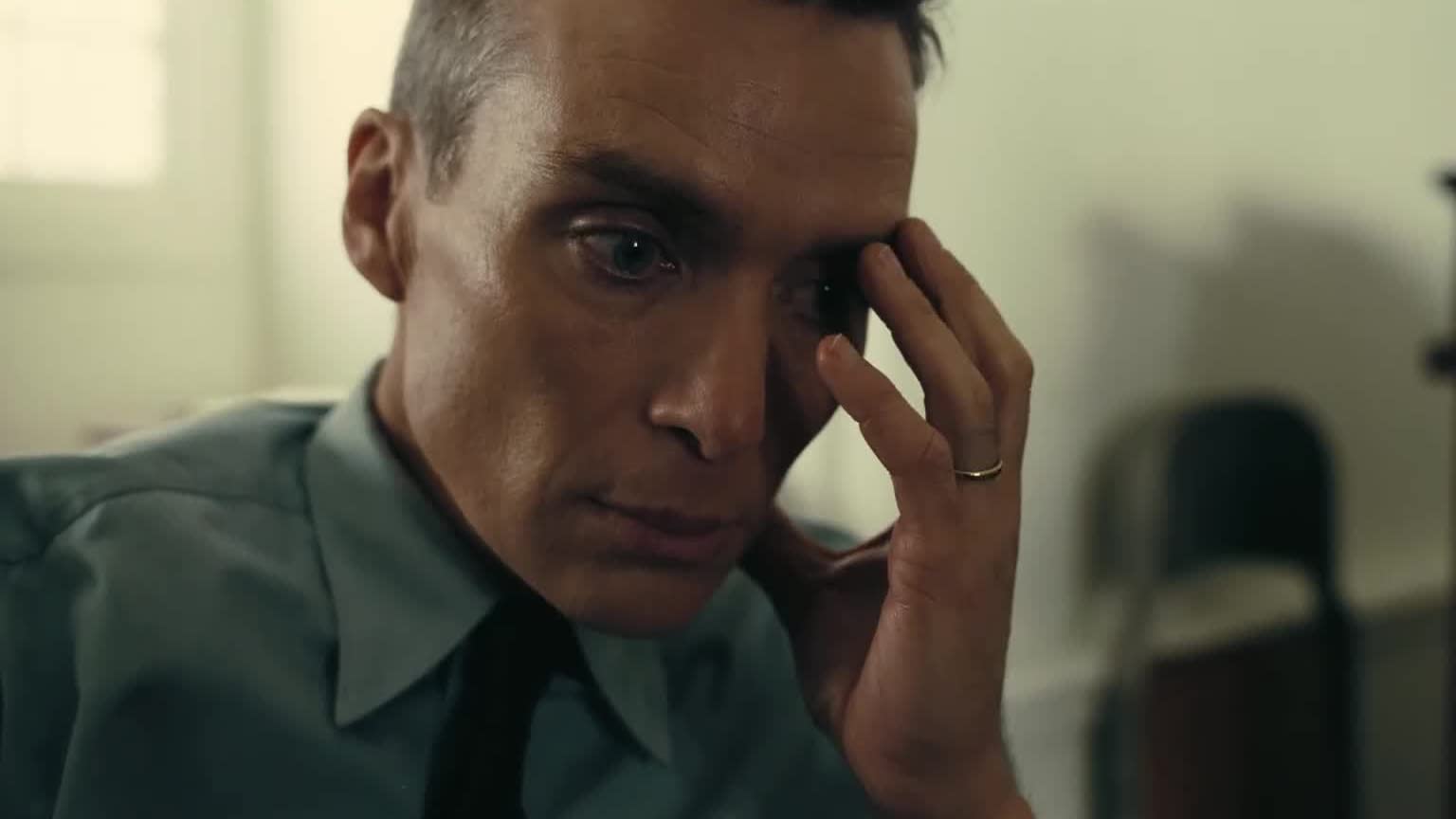Christopher Nolan’s acclaimed biopic, “Oppenheimer,” has finally premiered in theaters across Japan, eight months after its U.S. release. The film, which stars Cillian Murphy as J. Robert Oppenheimer, the theoretical physicist known as the “father of the atomic bomb,” goes into controversial subjects.
Due to its sensitive nature, some Japanese theaters have posted warnings about the film’s depiction of nuclear tests and the aftermath of the Hiroshima and Nagasaki bombings.
Since its Japanese debut, “Oppenheimer” has elicited mixed reactions. Many viewers feel the film does not adequately address the immense devastation caused by the atomic bombs. Takashi Hiraoka, a former mayor of Hiroshima, expressed disappointment, stating,

Oppenheimer (Universal Pictures, Atlas Entertainment, Syncopy)
“From Hiroshima’s standpoint, the horror of nuclear weapons was not sufficiently depicted. The film was made in a way to validate the conclusion that the atomic bomb was used to save the lives of Americans.”
Similarly, Toshiyuki Mimaki, a Hiroshima bombing survivor, lamented the film’s omission of the bombing scenes, stating,
“During the whole movie, I was waiting and waiting for the Hiroshima bombing scene to come on, but it never did.”
Another viewer, Kawai, praised the film’s artistic achievements but criticized its portrayal of the atomic bomb, feeling it seemed to praise its use. As someone with roots in Hiroshima, Kawai found this aspect challenging to watch.
Conversely, some audience members, like Nagasaki resident Koichi Takeshita, appreciated the depth of Nolan’s approach. Takeshita noted, “The last look of Oppenheimer in the film was that of pain. It was a look of either regret, because he was the person who made the A-bomb, or he didn’t know what to do and was sad, as tens of thousands of people died.”
In response to the criticism, Nolan has explained his narrative choice, emphasizing that the film was designed to present Oppenheimer’s isolated perspective.
“To depart from [his experience] would betray the terms of the storytelling. He learned about the bombings of Hiroshima and Nagasaki on the radio — the same as the rest of the world,” Nolan stated.

Oppenheimer (Universal Pictures, Atlas Entertainment, Syncopy)
The mixed reception in Japan underscores the complex legacy of the atomic bombings and the challenge of portraying such a sensitive historical event. While “Oppenheimer” has been a significant success in terms of box office, critical acclaim, and awards—winning Oscars for Best Picture, Best Actor, Best Director, and more—the debate over its narrative choices highlights the ongoing need for diverse perspectives in historical storytelling.
Acclaimed Japanese filmmaker Takashi Yamazaki, known for “Godzilla Minus One,” has expressed a desire to create a film that responds to “Oppenheimer.” He remarked, “I feel that as a filmmaker and director, I do want to provide some kind of answer or response to Oppenheimer someday.”
“Oppenheimer,” written, directed, and produced by Christopher Nolan, features an ensemble cast including Robert Downey Jr., Emily Blunt, Matt Damon, Florence Pugh, Josh Hartnett, Casey Affleck, Rami Malek, and Kenneth Branagh. Despite its success, the film’s reception in Japan adds a poignant layer to the discussion about how historical events are represented and remembered.
























